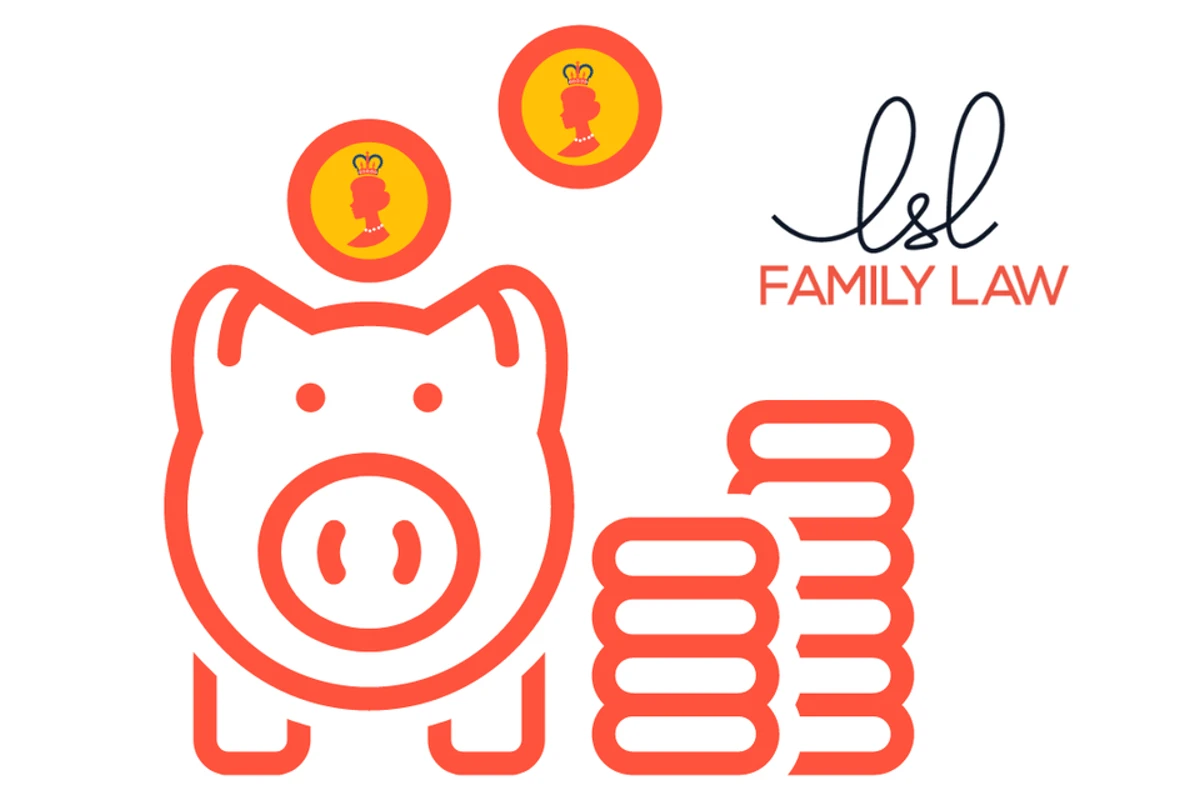As an eventful 2020 draws to a close, our family law consultant, Tanya Foster, considers the impact of Christmas on separated families and how family law professionals can offer meaningful support.
Christmas is a unique time of year. For many, the run-up to December 25th is filled with cheerful anticipation and excitement: for others, it is a source of great stress and can feel anything but merry.
Our Christmas plans, like those of many families, are looking rather different this year. The traditions we have lovingly built-up over time, are being set-aside or modified due to the pandemic. Christmas 2020 will not be the perfect festive celebration we were hoping for. Instead, we will adapt and improvise, doing what we can to make the day a happy one.
On top of the challenges presented by Covid-19, separated families may encounter additional layers of complexity in attempting to accommodate everybody’s needs and expectations. Some former couples find it difficult to agree on when – or how – their children will spend time with each parent. At times, even communicating with an ex-partner can be a distressing experience.
How can a Resolution-accredited lawyer help?
Asking a family lawyer for help when communications are strained or arrangements are proving tricky to negotiate, may seem like a drastic step. But finding a lawyer who is focused on improving the situation and who is dedicated to keeping your children’s welfare at the heart of the decision-making, can be a worthwhile long-term investment.
Members of Resolution (the association of family lawyers) sign up to a code of practice that promotes a constructive approach to family issues, addressing the needs of the whole family. Resolution-accredited professionals create thoughtful, practical solutions, enabling parents to move forward together, neutralising animosity, and establishing a positive pattern for co-parenting.
One useful tool for resolving child arrangement issues is a parenting plan. Parenting plans help separated parents to identify, agree and set out in writing arrangements for their children without going to court. These voluntary statements can be tailored to fit the needs of each individual family and cover all aspects of care for children, reflecting a shared parental commitment. Living arrangements, money, religion, education, health, and emotional well-being are all considered, together with other important matters, such as how other family members (e.g. grandparents and step parents) will be included in the children’s lives and how the children will spend birthdays and Christmas.
With a parenting plan drawn up and effective paths of communication established, parents are free to concentrate on the lesser festive conundrums: untangling the fairy lights and remembering where they have hidden their children’s stocking presents… speaking of which, where did I leave mine?
Wishing you a restful Christmas and a peaceful new year.
Tanya
What are the government rules for separated parents of children under 18 during the Christmas period (revised following changes to the rules on 19 December 2020)?
Children (under-18) whose parents do not live together can continue to move between their homes with each parent. They may be part of both parents’ Christmas bubbles – if their parents choose to form separate bubbles. Nobody else should be in two bubbles.
If one or both parents live in a Tier 4 area, children may continue to move between their parents’ houses, but neither household is permitted to join a Christmas bubble with others.
How can LSL Family Law help?
As accredited specialists with Resolution, Linda and I are dedicated to finding workable and non-contentious ways forward for our clients, whenever possible. We are both able to assist with child arrangement queries and Linda is also a qualified family mediator, child inclusive mediator and children arbitrator.
If you would like to find out more about our services, please follow this link https://lslfamilylaw.co.uk/services/ or call 020 3880 830 (Linda) or 01732 922086 (Tanya).
Useful Links:
https://commonslibrary.parliament.uk/research-briefings/cbp-8901/
https://www.cafcass.gov.uk/grown-ups/parents-and-carers/divorce-and-separation/parenting-plan/






